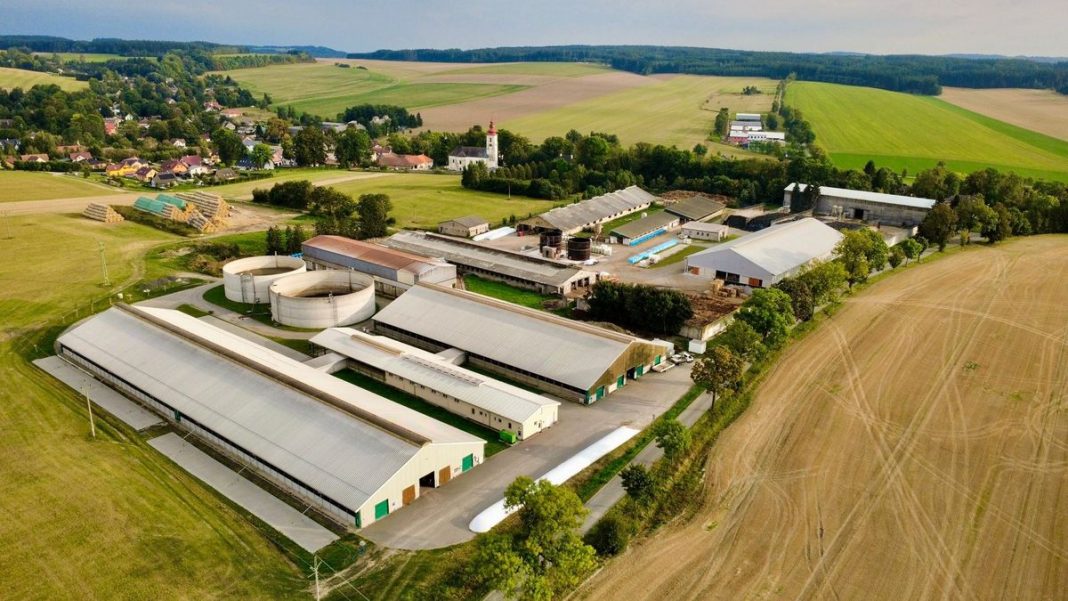A recent survey indicates that the majority of Czech citizens support extending the term of President Petr Pavel. This sentiment reflects a growing confidence in his leadership among the populace.
Survey Background and Methodology

The survey was conducted by a reputable independent agency and included a diverse range of respondents from across Czechia. Participants were asked a series of questions regarding President Pavel’s performance and their thoughts on extending his tenure beyond the standard term limit. The survey aimed to capture a comprehensive picture of public opinion, ensuring representation from various demographics such as age, gender, and geographical location.
The methodology included both online and face-to-face interviews, allowing for a robust set of data. The margin of error was kept low, ensuring confidence in the findings. Analysts involved in the survey have underscored the reliability of the results, citing the thorough approach and rigorous controls implemented during the process.
Public Support for President Pavel

President Petr Pavel, known for his decisive governance and diplomatic skills, has garnered a strong approval rating among Czech citizens. His policies, focusing on strengthening international relations and improving domestic infrastructure, have resonated well with the public. His leadership during challenging times has been particularly praised, contributing to the desire to see him serve a prolonged term.
Czech citizens have expressed appreciation for his transparency and dedication to national interests. The survey results suggest that many Czechs believe continuity in leadership would benefit the country’s ongoing projects and international standing.
Implications of Extending Presidential Terms

The idea of extending a presidential term brings with it various implications. Supporters argue that continuity in leadership can lead to more stable governance and long-term planning. They suggest that President Pavel’s leadership is crucial in steering Czechia through current economic and geopolitical challenges.
However, critics often warn that extending terms could potentially undermine democratic processes. They argue for the importance of periodic elections and leadership change as mechanisms for maintaining a healthy democracy. The discussion opens up broader conversations about the balance between stability and democratic dynamism.
Future Prospects and Political Landscape

The results of this survey could influence political discourse and strategies within Czechia. Political analysts predict that discussions about term extensions might gain traction in legislative bodies, prompting debates and potential policy considerations. The outcome might also affect upcoming elections, with candidates aligning their platforms to reflect the public sentiment revealed by the survey.
As Czechia navigates through modern challenges, President Pavel’s future role could significantly shape the nation’s trajectory. Policymakers will need to deliberate carefully, weighing the citizens’ preferences with democratic principles and institutional norms.
The survey highlights a pivotal moment in Czech politics, offering insight into public opinion and potential shifts in governance.





